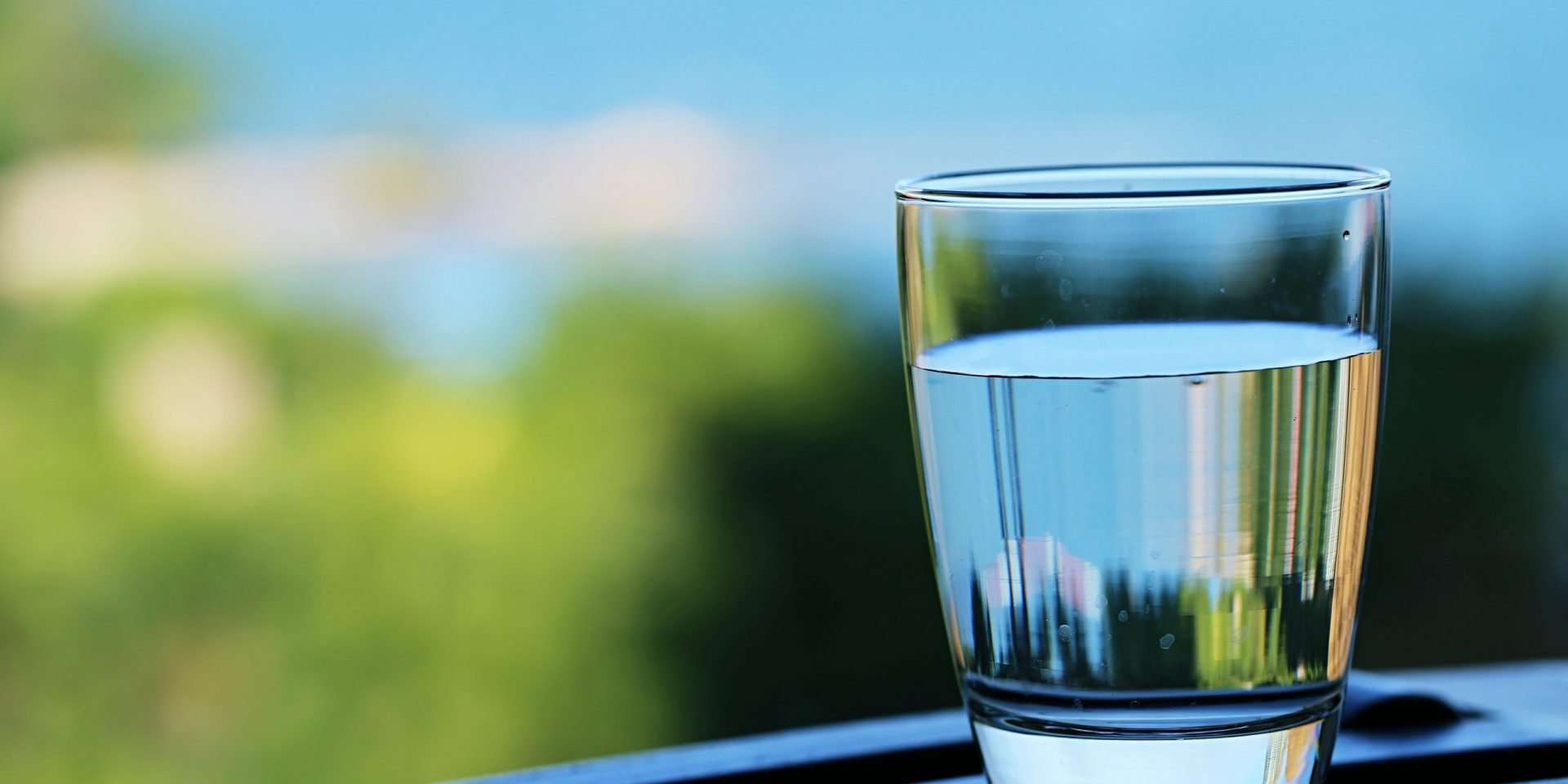We have known for a long time that a large percentage of the human body is made up of water.
Experts still argue on the exact amount, but it varies from 45% to 75% based on the individual’s age, gender, muscle mass, body fat percentage and more. Newborns often have around 85% of their body weight from water, while adults have about 60%. We know we need to hydrate to be healthy and support our body, but are we taking it seriously enough?
You don’t have to be hot or sweating to become dehydrated. Especially with air conditioning, dehydration occurs without us realizing because we feel comfortable. Yet the majority of people in the US are dehydrated.
Even minor dehydration affects our body’s physiological functions such as metabolism.
Here we will discuss some of the many negative effects of dehydration.
Cognitive Health
Headaches often occur when we are dehydrated as a natural warning sign our body is trying to give us, and they are exacerbated by the presence of other elements now recirculating in the bloodstream. Our productivity goes down when headaches are present due to the distraction and pain. The same goes for cognition and our mental health. Without enough water to function, our brain is affected. Studies have shown that when healthy adults are dehydrated, alertness, concentration and memory are all significantly decreased, while tiredness and headaches are increased.

Fatigue
One of the most common end results of dehydration? Fatigue. Fatigue, along with anxiety, occur more frequently in even mildly dehydrated individuals. When it has occurred for an extended period of time, it even manifests as chronic fatigue, because our metabolism cannot function without water. When tissues of the body have less water, their enzyme activity decreases. Enzymes are necessary for any chemical reaction, including the ones that make energy, so energy production is significantly slowed in times of dehydration.
Constipation
Constipation has been shown to be increased in times of fluid restriction. Constipation occurs for many reasons but is accelerated by the body’s natural reaction to feeling dehydrated: holding on to as much water as possible. It does this by reabsorption in the colon. Our body literally dehydrates our fecal matter in order to self-preserve. Our stool contains all the items and toxins our body wanted to excrete, so can you imagine the things we are reabsorbing with the preserved water? In fact, this is why so many of our patients who experience constipation also have chronic headaches.
Weight Gain
Did you know that weight gain also occurs with chronic dehydration? Our body can overcome the thirst signal to the brain by drinking water or eating food. Sometimes we eat because we think we’re hungry when in fact that signal was not hunger. Long-term learned misinterpretation of this signal can lead to excess intake of calories.
Cardiovascular Issues
Cardiovascular health is also impacted by dehydration in many ways. One is pressure: when blood volume decreases our blood pressure also drops in unhealthy ways which can cause unexpected rebounding. Blood viscosity (thickness) also increases when we don’t have enough water in the system, causing those with risk factors to be at higher risk of cardiovascular events such as heart attack and stroke.
Oral Health
Saliva is protective for our mouths and teeth. The oral health community generally accepts that increasing saliva flow can decrease oral cavity risk. In patients with disorders that decrease saliva production, such as Sjogren’s disease, we see more rapid eroding and disintegration of teeth. Studies that examined athletes for different health markers found a leading reason for tooth decay and cavities is dehydration due to the reduction of protective saliva. Chronic dehydration causing decreased saliva production can lead to tooth decay and increased risk of oral cavities.

Urinary Health
Not surprisingly, our urinary health is also affected by dehydration. You have likely noticed your urine becomes darker and more concentrated with less hydration. This increased concentration of toxins can be irritating to the bladder wall and increases microbial growth along the urinary tract. Low fluid intake and low urinary output is shown to be associated with urinary tract infections (UTIs).
Why does dehydration happen?
We either don’t drink enough water, or we don’t retain the water, and both are usually the problem. In order for water to stay inside of the cells where we need it, there first needs to be salt present to retain it. This is why electrolytes are important when we rehydrate: not only to replace the lost minerals in sweat and elimination, but their presence allows water to stay inside the cell membranes. There also needs to be enough cellular energy to run and maintain the microscopic pump systems that keep water inside of cells. This energy comes from food but has to be produced by our cells for our ability to use it (remember high school biology’s ATP?). When this energy production process doesn’t work, we have a harder time holding on to our water. See our blog [here] to read more about issues with cellular energy production.
What to do?
Track water intake for starters. Don’t wait until you’re thirsty. A sedentary adult with virtually no exercise is recommended to drink 1.5L per day (50oz). One more personalized starting recommendation is to drink half your weight in ounces of water. For example, if you weighed 140 pounds, your goal would be 70 oz per day. This recommendation isn’t perfect for everyone and should be worked up to gradually or else it will be shocking to the body.
The goal should be adjusted to your life. Any time you exercise, you have to add more water to your goal. Any time you drink a dehydrating substance such as coffee, alcohol or soda, you need to add more water to your goal. Any time you smoke (anything), you have to add more water to your goal. Any time you sweat even if you’re not working out, you need to add more water to your goal. Seeing the pattern? Your water goals become even easier if you reduce or eliminate some of the unhealthy dehydrating stressors.

Be smart about your beverage choices. Hydration can come in many forms besides water such as non-caffeinated tea, mineral water, milk, or rehydration solutions. But there are many beverages we consume on a daily basis that don’t count towards hydration goals and, in fact, are dehydrating. Coffee, caffeinated tea, soft drinks, and alcohol are all diuretics and cause more water loss.
If you notice any of these problems or concerns in your health, you need to consider increasing your hydration. An easy way to jump start your hydration with perfect electrolyte balance is an IV hydration treatment. These treatments can act as a complete reset, improving dehydration symptoms within minutes to hours. This treatment can also be a good option in times of dehydration that may occur with illness, fluid loss, or hangovers for swift recovery and feeling better faster.
Dehydration…
- Increases aging due to increased accumulation of free radicals in cells
- Lowers amount of available oxygen due to less circulating in the body
- Decreases ability to detoxify toxins due to less sweating and elimination
- Decreases motility of the entire GI tract, changing the microbial flora and flora locations





